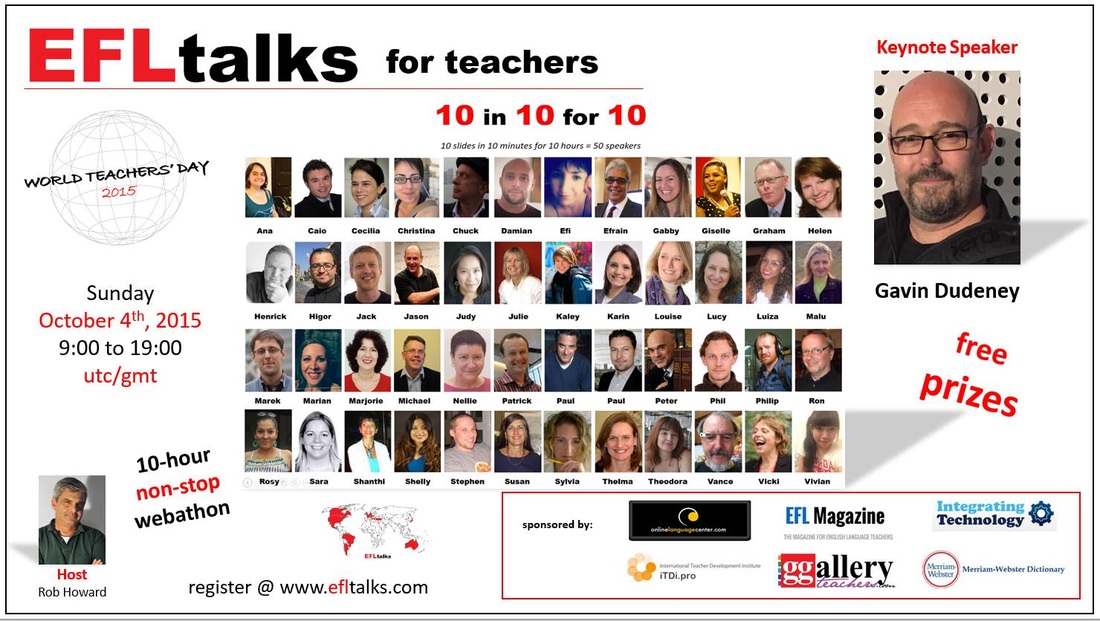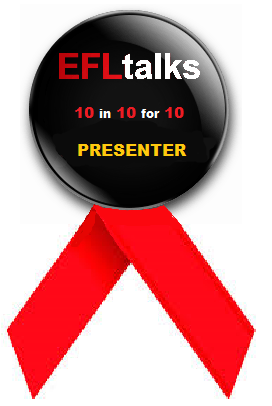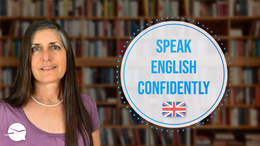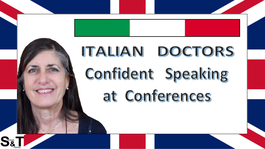|
Was your textbook in English written by a native speaker? Today I'd like to talk to you about the importance of a book being written by a native speaker if you have to learn English or other subjects in the English language. I was in the Netherlands for a few days and I was sitting on a bus when the girl next to me pulled out her English-language textbook. She was going to university and she was revising. On the first page of her open book it said 'Present Time' and all the exercises were referring to the Present Tense so I thought it was unusual. Then and as she flicked through the book she got to the page where it said the 'Past Time' and again I was quite surprised because in English we don't say 'Present Time' and 'Past Time' but we say present tense and past tense - I didn't see the cover of the book but I presume that it was written by a Dutch person because in other languages they do speak about 'time' but in British English we say “tense” so this brings me to the subject which I've been thinking about for a long time. I've been teaching for about 40 years now and very often students will come to me with their book. It may not necessarily be an English language learning book, it could be an English literature textbook, a history book, a philosophy book, a university text on architecture but in any case a textbook that has been written by a non-native speaker. Now I know that non-native speakers have a lot of advantages because they can teach people remembering the difficulties they went through, so I'm not against non-native speakers but I do find that when I read a textbook which was written by a non-native there may not be actual mistakes but the words just don't flow – they don't sound natural and you often lose the information in the flowery language. In the past at least three English literature books which I read, written by Italian non-native speakers, were correct grammatically and very fluent; however they just didn't sound English because English native speakers, when they talk about history or literature, are very concise: they give the information, they don't go round in circles, while in other languages, the Latin-based languages for example, they tend to be very flowery, they don't go straight to the point. So when I was reading these books, trying to help my students, I realized that had they been written in another language it would have been fine but the English just don't do that, the English go straight to the point in textbooks (they are not like descriptive novels). The other day an architecture student had to summarize a 15 page article by a Portuguese author written in English. I tried reading it myself and it was almost impossible to separate the information from all the beautiful flowery descriptive language. This is probably perfectly acceptable in Portuguese but made the task daunting. I've also noticed that some English language learning textbooks have two authors of their own country plus one who is an English native speaker. The impression I have there is that the book was actually written by the non-native speakers and then probably given to the native speaker to check for mistakes. Now I don't know whether the native speaker reads every single line or whether he just browses through it but those are the books where I find there are no mistakes however that they just don't sound as if they were written by a native speaker therefore that name doesn't really count as an author. In my opinion, if you have a choice, buy books written by native speakers. Then if your school sets books which were not written by native speakers, why not ask them and find out if it's possible to have a different kind of textbook. The book I was looking at two days ago on the bus, the one which said present time and past time didn't actually have any other mistakes, it was explaining the grammar very well but the actual title was wrong so I do believe in using language learning textbooks being written by native speakers even if non-native speakers are equally good, if not better than native speakers, at explaining the language because they've been through the learning process while native speakers haven't, so non-natives can maybe relate better to students. Therefore, non-native speakers are a very valid choice if they're explaining things to you but maybe not such a good choice when writing textbooks. I hope you find this advice useful. Susan Check out my YouTube video:
0 Comments
Well, my theory is that it's best to learn to speak English, or any language if it comes to that, naturally. Therefore it's fine to learn grammar and vocabulary in the traditional way but that won't really help you speak it naturally. You have to think of languages as a puzzle. Every language has its verbs, subjects, objects, prepositions, adverbs, adjectives etc. but every language has a different combination of these. If you can think of language like Lego pieces - some languages will, for example, have the adjective before the noun and others will have it after the noun, so learning all these things individually doesn't really help you to speak naturally and correctly. So what's the best way to learn to speak naturally and as a result also write naturally? Well, the best way is to think of these puzzle pieces in bigger chunks, learn them and then put the bigger puzzle pieces together and that will help you speak more naturally. Now, of course, you need to practice this. Practicing anything is the best way: so if you want to remember that an adjective goes before the noun, as it does in English, you have to remember the structure and practice it in many, many ways: you can say, “my sister has long curly hair, my son has short curly hair, my brother has short wavy hair" and if you repeat the structure in various contexts, slowly, slowly you'll get better at it. The important thing is to repeat the longer structure, the longer puzzle piece and then put the puzzle pieces together. So the trick is to take chunks, complete chunks which you can pick up from books, audios podcasts, films, anywhere - you can notice notice them even in your traditional books, the ones that you've been studying; you can notice that there are pieces we fit together and then you have to practice them all the time in your daily life. For example, you know that TO is usually connected to movement so you can say, “I'm going TO the supermarket, I'm going TO work, I'm going TO church, I'm going TO hospital” and if you practice it enough “ going TO will become second nature. Of course you have to remember the exceptions, such as “going HOME” which doesn't have the preposition 'TO'. The best is actually if you can personalize it and make it something that is important to you and therefore you'll remember it. For example you could pick your daily routine to practise using “go TO” and start off with: "in the morning I go TO work but on the way I take the children TO school then when I return HOME I go TO the gym - so if you are putting it into a personalised context it's that much easier to remember and much more meaningful. So try it out and let me know how you get on. I hope you find this advice useful. Susan International venues are the perfect place for you to practise your English & for me to discover mistakes which I can teach my students to avoid. Today I'm at the European Inline Speedskating Championships in Portugal & the speaker is doing an excellent job of introducing the skaters and cheering them on, giving us the results in a variety of languages, the main one obviously being English. He speaks it very fluently and comprehensibly but makes mistakes because he sometimes thinks in his own language and uses the wrong collocations. As we were leaving the track, for example, he kindly wished us, "Make a good lunch!" Now MAKE LUNCH means to prepare it whilst he almost certainly meant, "Have a good lunch", because HAVE LUNCH means to enjoy lunch. So it's very important to learn chunks of language to sound as natural as possible. Chunks can also be longer groups of words which are always used together. When you read, listen to native speakers and watch films, observe the sentences which are used repeatedly together and learn to use them so you sound natural. Chunks are like Lego pieces of different colours, sizes & lengths. You can build them together in various combinations but you will always sound more natural than if you translate. Take my word for it, use chunks to sound more natural! I hope these tips were useful for you! Write some chunks in the comments box below for others to learn. Your English fluency guide, Susan Now I'm not asking you to give up your life, as my daughter did, to improve your English... You have a series of goals in mind in your life: they may seem far-fetched and impossible to reach. Don't let anyone tell you you can't reach your dreams! I know there are many motivators out there who will tell you you can do anything you want if you just set your mind to it. I know you are sceptical but I have real proof of it in my own family! I am a teacher and meet many students who progress in their school career and start giving up their passions because school has gradually become too demanding. It is true that school becomes demanding depending on the one you have chosen but it is such a pity to give up your passions - those are the ones that give you joy in life!! My 18-year-old daughter is no genius, but a hard-working student and athlete who has very high standards for herself. Her life at high school consisted in 6 days of lessons from 8-1pm, a short break for lunch with a regenerating 20 minute power nap before getting to her books for homework & studying from 2.30 - 6pm. Intense sports training from 6.30-8.30 pm and after dinner more studying or up at 5am to finish off studying for a test. Result: last Friday she took her final oral high school leaving diploma exam, hopped on a plane to Portugal to race with her national team in the European Inline Speedskating Championships and ended up with a GOLD MEDAL becoming European Champion in that particular race. She is only one example of success when you really believe in something: another top student of mine has always fitted her acting & journalism passions into her intense study timetable, another is a European Karate Champion - I've said it before: where there's a will there's a way. What does all this have to do with language learning? CONSTANT REGULAR PRACTICE is THE KEY TO REACHING YOUR GOALS and you should never listen to others who will tell you it's impossible: you aim for it, keep your goal well in front of your eyes and 'go for it'! I know non-native speakers of English who aimed at honing their accent to a point where I can no longer hear they are not native - they aimed at the near impossible and reached their goal. So now I'm not asking you to give up your life, as my daughter did, to improve your English, but I am asking you to make a small, constant, regular effort to do a little everyday, always: read a book in English for 15 mins, sing a song, write your shopping list in English, speak to yourself in the car, keep a diary with a few lines on how you spent the day, listen to a podcast you're interested in. Do it everyday and you too will reach your goal and improve your English! Remember - a little every day! Write in the comments box below what you did to improve your English today. Your English fluency guide, Susan What’s the best way to learn a language? There are many methods and theories but let’s look at the way we learn our native language. A baby is born without being programmed for any particular language and this baby spends the first year of its life sleeping and listening. Gradually it listens more and it sleeps less; finally it starts trying to repeat the sounds it hears. After about a year and seven months a baby can usually say its first complete sentence. Now a baby doesn’t study grammar – all it does is listen. Around the age of three it has acquired sufficient vocabulary and sentence structure to speak correctly in the language of its surroundings – in the language of its family. In fact if each parent speaks a different language to the baby, the child will learn both languages and will speak to each parent in their own language. I speak from experience as I myself grew up bilingual and my children have been speaking Italian to their father but English to me since birth. Babies don’t study any formal grammar but they study vocabulary and expressions by association. They associate a sound, a word, with an object. So babies learn the language directly by listening and they pick up vocabulary and grammatical structures in context. Babies only learn in context, by associating images, objects, situations, and people with the language they hear. This is the reason it is fundamental to speak to your students in English from the first day you meet them. The more they listen to you speaking, the more they’ll pick up and memorise even subconsciously. I’ve been teaching myself Spanish mainly by listening to audios and travelling. Last week I texted a friend that my daughter had won a gold medal and I first wrote ‘ganado’ but it just didn’t ‘sound’ right. I then opted for ‘conseguido’ which sounded correct and a moment later I was congratulated for her having ‘conseguido’ (won) this medal. I had never studied this verb before but I had somehow absorbed it – listening gives you ‘a feel for the language’! As a result the best way to learn a foreign language is first and foremost by LISTENING in order to associate an object or a picture with the word, an expression in context. The brain must connect the word or expression with its meaning without translating. This ASSOCIATION is very easy for the brain whilst translating makes it work twice as hard. The brain already has its image bank – all it needs to do is associate various ‘synonyms’ (even in various languages) to it. Instead translating is like putting the words of languages into separate drawers – the brain has to open two drawers, find the puzzle pieces in each language and put them together. Sometimes it picks the wrong pieces and horrific translations result! Look at what happened when a clothing company consulted a dictionary without the help of an expert: Made in Turkey became Made in the bird you roast for Christmas. Or when someone confused the Latin-American Spanish for Pope with potato and the Pope was greeted with Welcome Potato! Ironically you have to know a language to use a dictionary correctly. I always speak English with my students directly from the start – which means that I adapt my language to their level and if they are complete beginners I will speak very slowly and clearly using very simple language with gestures and pictures. This makes both teaching and learning very arduous at the beginning but if the students understand that they need to be patient and persist, they will reap the benefits. This is no easy feat: a few years ago I had an evening course of complete beginners including 2 retired couples. I only spoke English and we slowly progressed. They seemed to be very unhappy that I insisted on speaking only English to them. Halfway through the course the two elderly couples left on a three-week cruise through the Mediterranean missing quite a few lessons. On their return they told me that they had been the only ones of their group to communicate in rudimentary English on their holiday but what had surprised them most was that they were able to understand. They completed the course with a renewed attitude, to my great satisfaction. When I teach beginner adults in a class, my very first lesson deals with getting to know each other so we discuss in very simple sentences who they are, where they live, what their jobs and hobbies are, their families… Then towards the end of the lesson I write a paragraph on the board which acts as a scaffold for their oral introduction to the rest of the class. One by one the students speak reading the sentences and filling in the gaps appropriately according to their personal situation. They leave the lesson feeling it was very difficult and tiring but they had already managed to speak about themselves in English and that was a great satisfaction. One should always try to end a lesson on a high note so students feel satisfied despite their difficulties. When I teach, speaking only English to my students, I aim at teaching them specific language and expressions, but I inevitably use daily language that I had not intended teaching formally. As a consequence I find my younger students in particular using expressions I had not planned such as, “I have an itch!”, “It’s itchy!”, “You’ve got a terrible cough!”, “Bless you!” when they sneeze, “Oopsy daisy!” (a typical British expression for when something falls down accidentally), “Really?!” when they tell me something interesting - even if they speak to me in their mother-tongue, I always reply in English. Depending on their age and proficiency I allow myself to understand them in their own language or insist they express themselves in English. So children and adults pick up the language you don’t realise you are using. The same goes for texting: When I text with my students in English I sometimes use expressions they don’t know, so they will text back asking, “What does I’ll let you know mean? What is ASAP? My students are picking up language they would not necessarily learn in class but only in daily Picking up the language in context gives you expressions, phrasal verbs without having to memorise them and think – they just come naturally. My sister-in-law came to my evening classes after a long day’s work. She always asked if she could only sit and listen because she could no longer concentrate. She was not particularly talented nor motivated, nor did she study at home. Despite this she told me that on one holiday with her friends who spoke no English, she managed to solve various problems at the hotel – the words just came out and she had no idea how. This is an example of the power of the brain to absorb language… Not only language but also people are associated with language - my school students are so used to associating me with English that if I meet them outside the classroom context, in the corridor, at the supermarket, they will still speak to me in English – it’s just natural for them. They don’t even dream of speaking to me in their native language. When you learn a language you should associate an expression or a word with an object or a situation. You learn these associations in chunks – by doing so its not necessary to learn the grammar in the formal sense because you pick it up and embed it in your brain just as it stands and over time you will put these pieces like a puzzle together and form correct sentences. That’s why its important to surround yourself with the language – set your computer, mobile phone and social network settings into the language you are learning. Read, listen and watch as much as you can – immerse yourself fully in the language even if you can’t travel there. Some social networks also connect you to people who want to exchange conversation with you if you speak to them in the language they are studying. Full-immersion is fundamental to language learning and if you can’t go there you must surround yourself with it here. Check out more EFL talks like this one in EFL talks - The Companion Guide: Teachers Teaching Teachers HOW do CHILDREN LEARN A LANGUAGE so easily? The SECRET to FLUENCY!! - Student learning tips25/6/2017 What's the best way to learn a language? |
Categories
All
Would you like regular English learning & teaching ideas? Subscribe to my blog so you don't miss a post!
AuthorMy name is Susan Brodar, born in London into a multilingual family and brought up bilingual English / Italian. Archives
December 2018
|

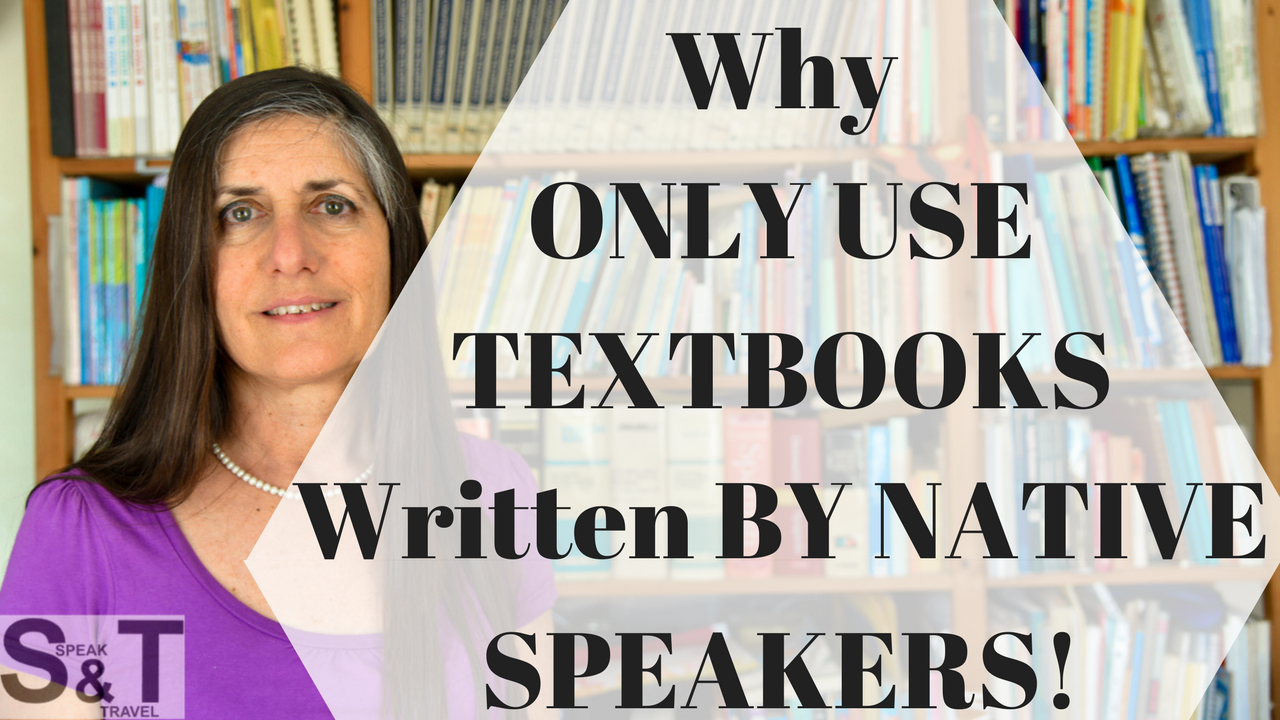
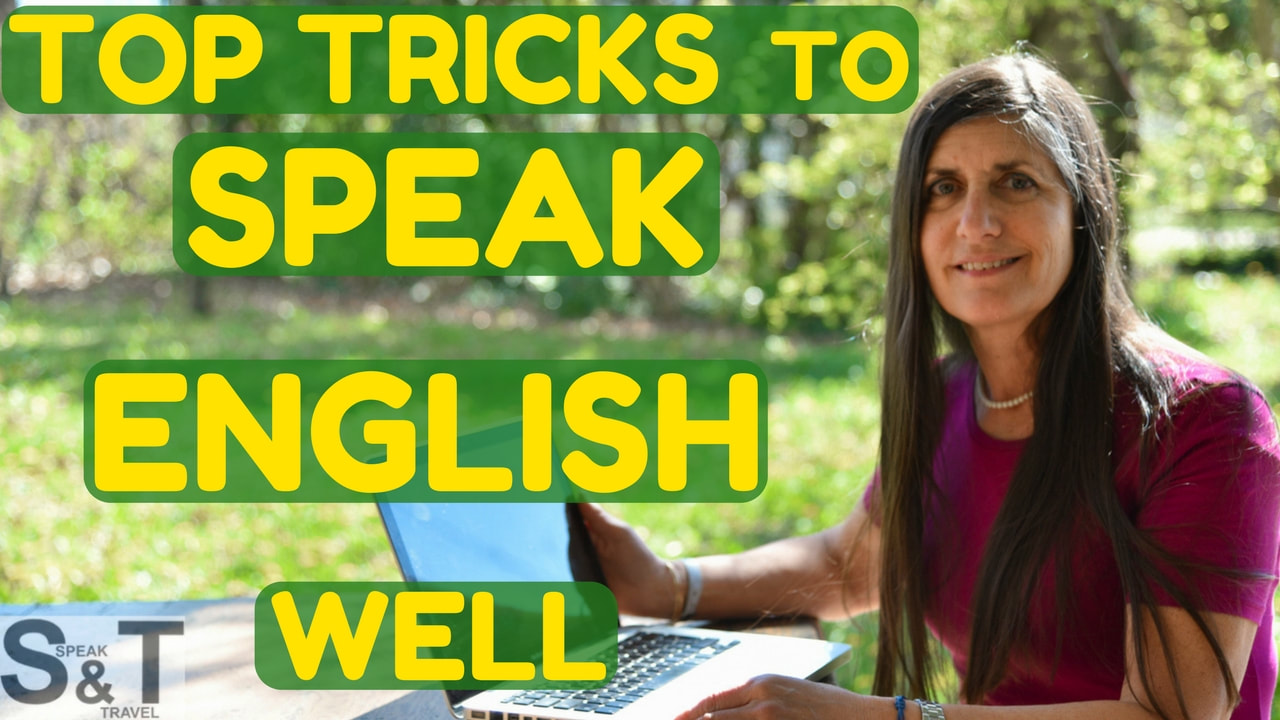
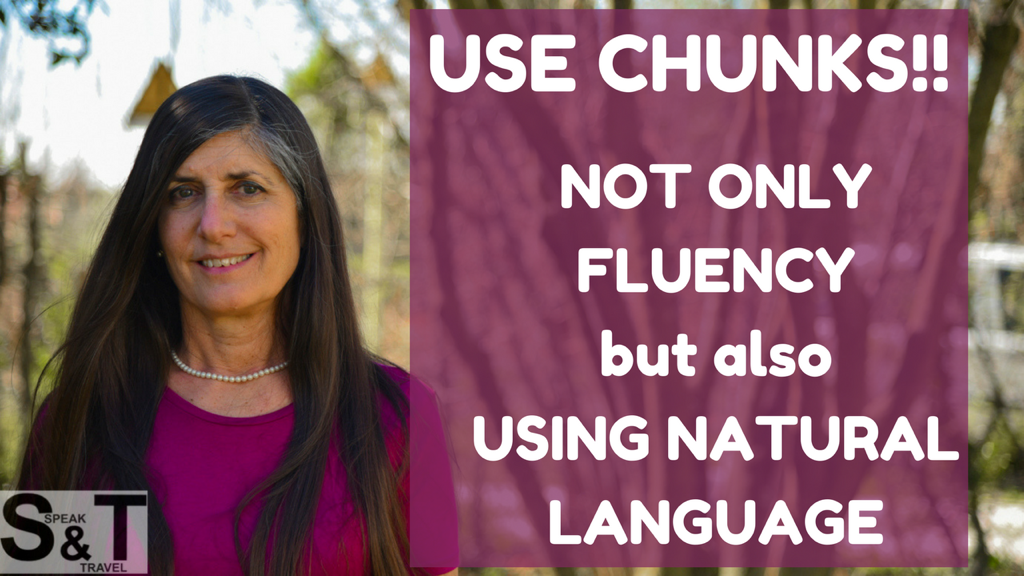



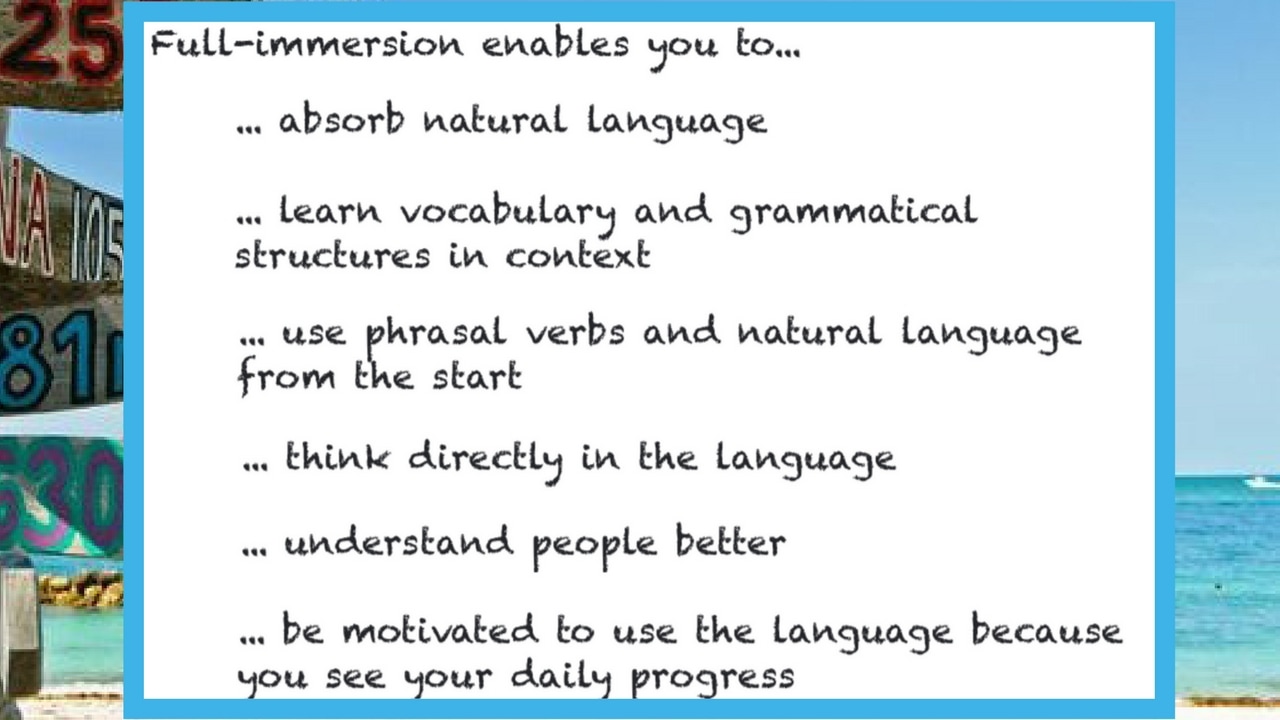
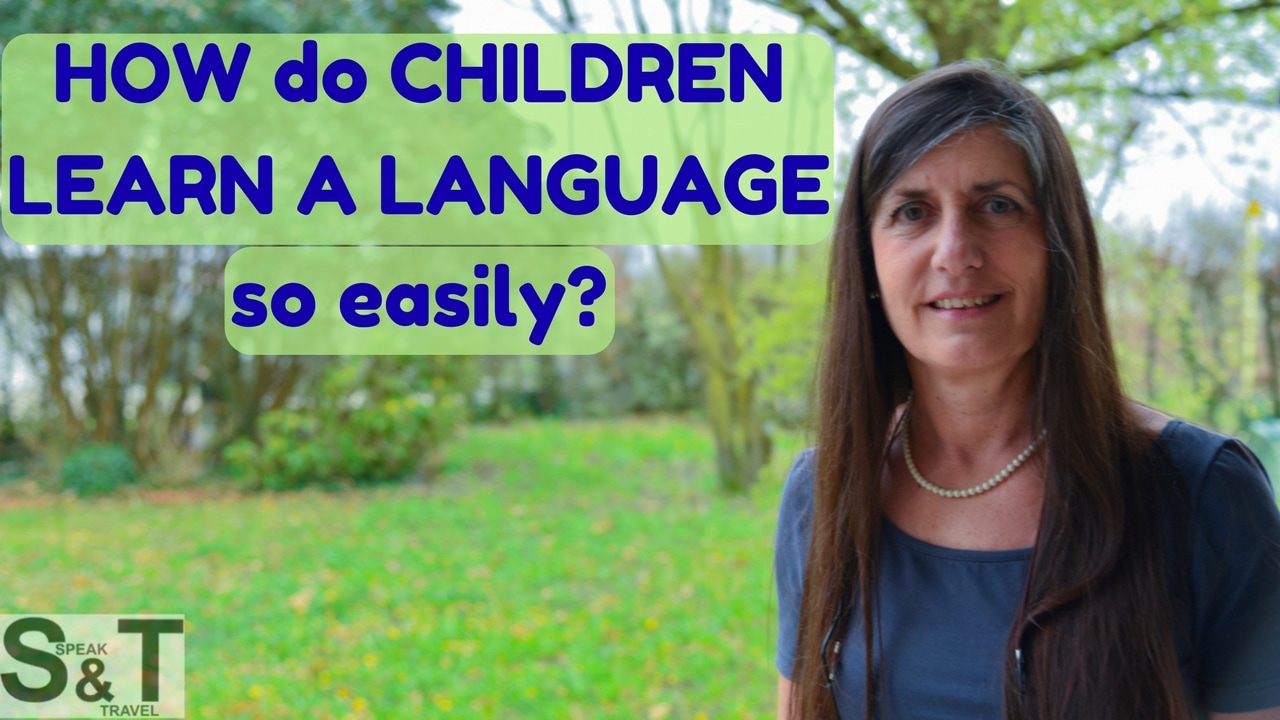

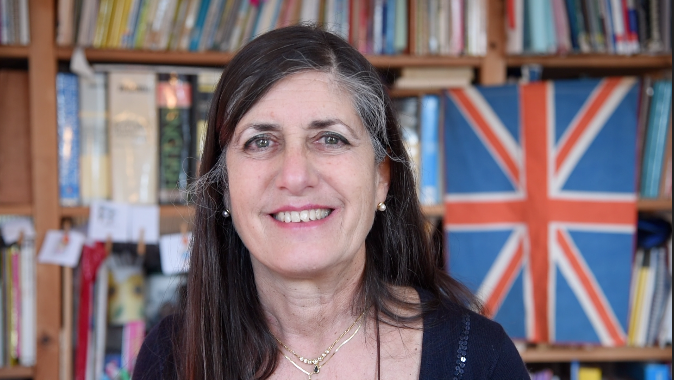

 RSS Feed
RSS Feed
